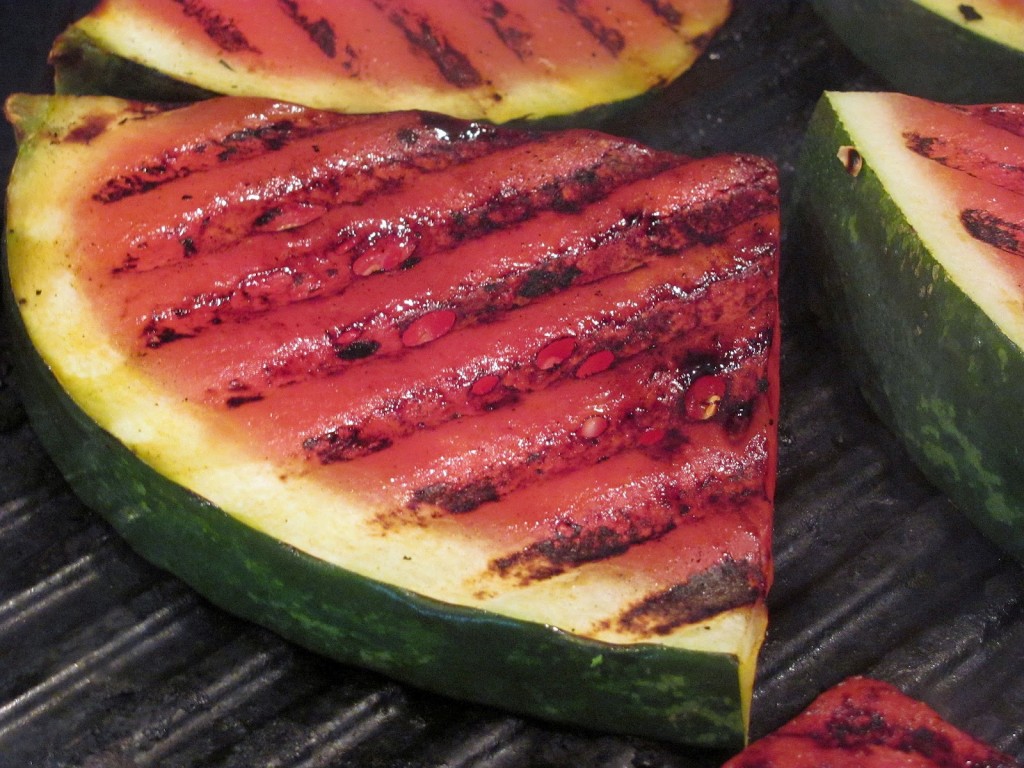Sustainability is something that everyone is thinking more about these days, from businesses to consumers. One way that you can be more sustainable in your daily life is by learning about sustainability in your food production.
From the animal food and agricultural inputs used in the production of food to how it’s transported, there are a lot of ways that how people eat can become more sustainable.
The following are the things to generally know about sustainable food production.
The Challenges
Food production is something that requires a lot of action to become more sustainable. Food production challenges as far as becoming more sustainable include food security, consumption, and nutrition.
It’s estimated that by 2050, the population of the world will reach 9.1 billion, which is around 34% higher than it is currently. As a result, food production will need to go up by around 70% to feed the larger population, which will often include a lot of people residing in urban areas.
More food will have to be produced, but less land will have to be used. Water and energy will also present limitations.
Food that’s sustainable needs to be nutrient-dense as well to promote good health among the people who are consuming it.
Sustainable food production is a method of production that uses a combination of systems and processes that are non-polluting and conserve sources of non-renewable energy and natural resources. Sustainable food production should also be safe and economically efficient and shouldn’t negatively affect future generations.
How Does Food Production Affect the Environment?
Food production, while it is necessary, does contribute to things like climate chain and soil degradation.
Around 25% of the total emission of greenhouse gasses are thought to be the direct result of crop and animal production.
A lot of the impact of food production varies significantly depending on where and how food is produced and also the availability of natural resources, such as soil and water.
There isn’t one simple way to determine if one food product is more sustainable than another as it currently stands.
How Could Food Production Be More Sustainable?
The European Commission is currently looking at specific ways to reduce the environmental impact of food production and to reduce waste throughout the food chain.
Some of the ideas being discussed include:
- Optimize water use in production
- Optimize the use of land and reduce the conversion of land for agriculture
- Use fertilizers and pesticides appropriately to avoid polluting waterways and soils
- Reduce the emissions of greenhouse gasses
- Reduce and reverse soil loss
- Promote biodiversity through farming practices
- As far as marine resources go, implement sustainability in fishing practices to restore stock
- Use ingredients from sustainable sources like fish products certified by the Marine Stewardship Council
- Work on strategies to reduce food waste, like formulating products to extend their shelf life and creating packaging that reduces spoilage
How Can Individuals Eat More Sustainably?
While we often talk about what industries, farmers, and the like can do to improve the sustainability of food, there are things that people can do individually to be more mindful of sustainable eating.
One is to eat more plants, especially beans, nuts, and vegetables. In many countries around the world, food is primarily plant-based. You can take a page out of the diets of people from the Mediterranean region of the world, where things like vegetable-based stews, pasta dishes, and salads are healthy and also sustainable.
Eating a wide variety of food is actually a good way to be more sustainable in your consumption. A lot of people will rely heavily on one particular category of food, like chicken. If you vary your diet, again, it’s good for your health, and it’s also more environmentally friendly.
If we can all take steps to waste less food, that’s not only promoting sustainability in the food itself, but you’re going to be throwing fewer things out, and you’re going to be wasting less money.
Moderating your meat consumption, including red and white meat, is helpful. You can find protein in plant sources.
As a consumer, you can also learn more about buying foods that meet certain standards. Be someone who reads the packaging of your food to find out more about not just the nutritional value but where it comes from and how it’s produced.
In the U.S., you’ll find labels like USDA Organic, which means the food meets the requirements set by the United States Department of Agriculture for a minimum of 95% organic ingredients.
Finally, another label you might look for as you’re choosing food is Fair Trade USA. You’ll find this on things like produce and pantry basics.







